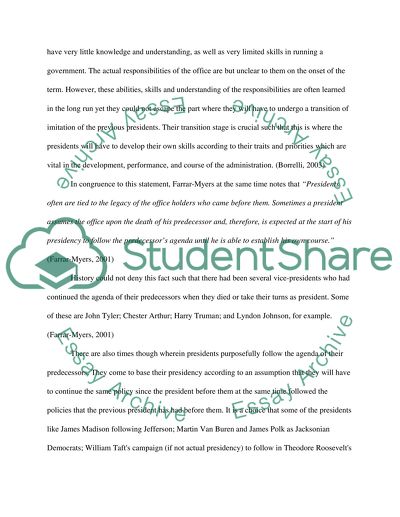Cite this document
(“George H.W. Bush Presidency Essay Example | Topics and Well Written Essays - 3000 words”, n.d.)
George H.W. Bush Presidency Essay Example | Topics and Well Written Essays - 3000 words. Retrieved from https://studentshare.org/politics/1516452-george-hw-bush-presidency
George H.W. Bush Presidency Essay Example | Topics and Well Written Essays - 3000 words. Retrieved from https://studentshare.org/politics/1516452-george-hw-bush-presidency
(George H.W. Bush Presidency Essay Example | Topics and Well Written Essays - 3000 Words)
George H.W. Bush Presidency Essay Example | Topics and Well Written Essays - 3000 Words. https://studentshare.org/politics/1516452-george-hw-bush-presidency.
George H.W. Bush Presidency Essay Example | Topics and Well Written Essays - 3000 Words. https://studentshare.org/politics/1516452-george-hw-bush-presidency.
“George H.W. Bush Presidency Essay Example | Topics and Well Written Essays - 3000 Words”, n.d. https://studentshare.org/politics/1516452-george-hw-bush-presidency.


